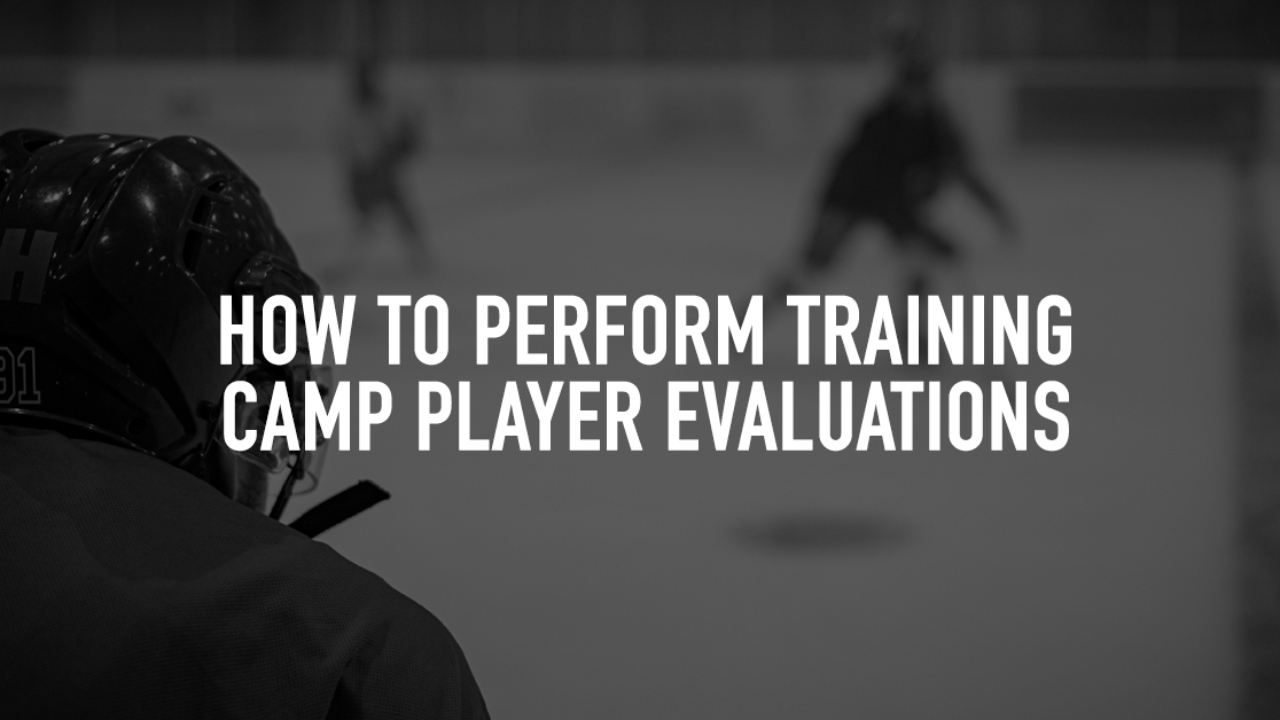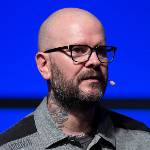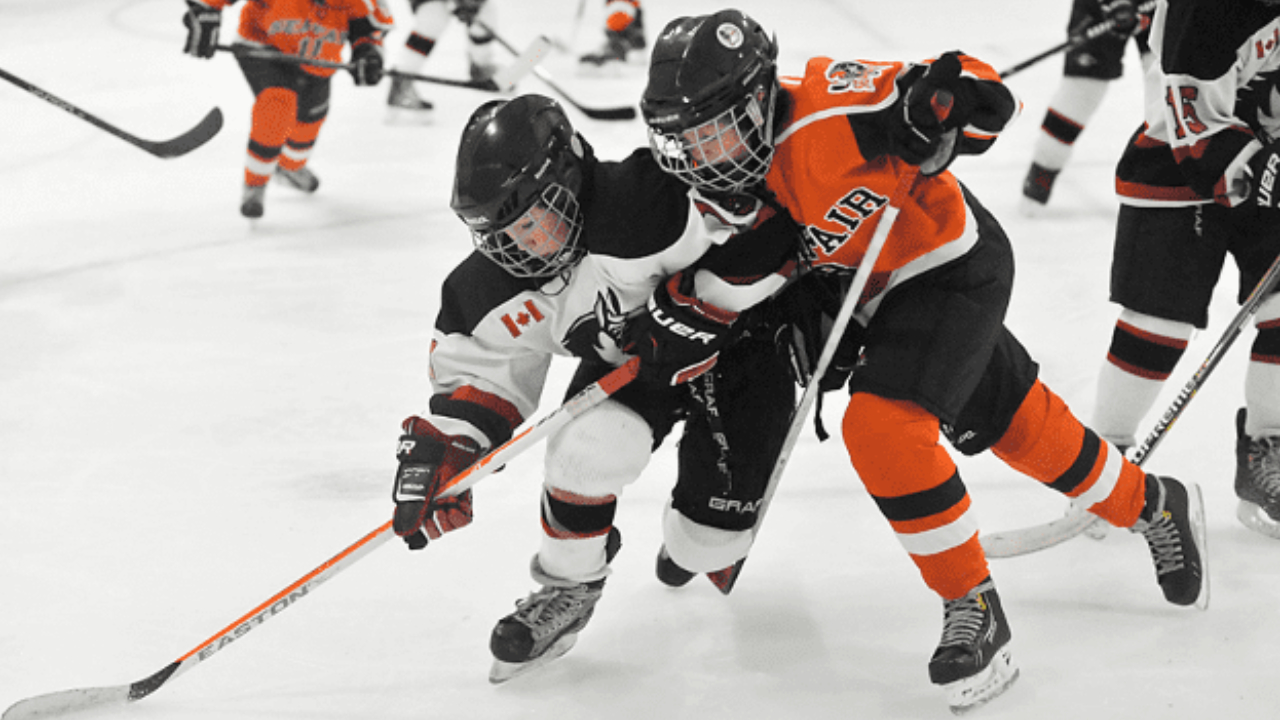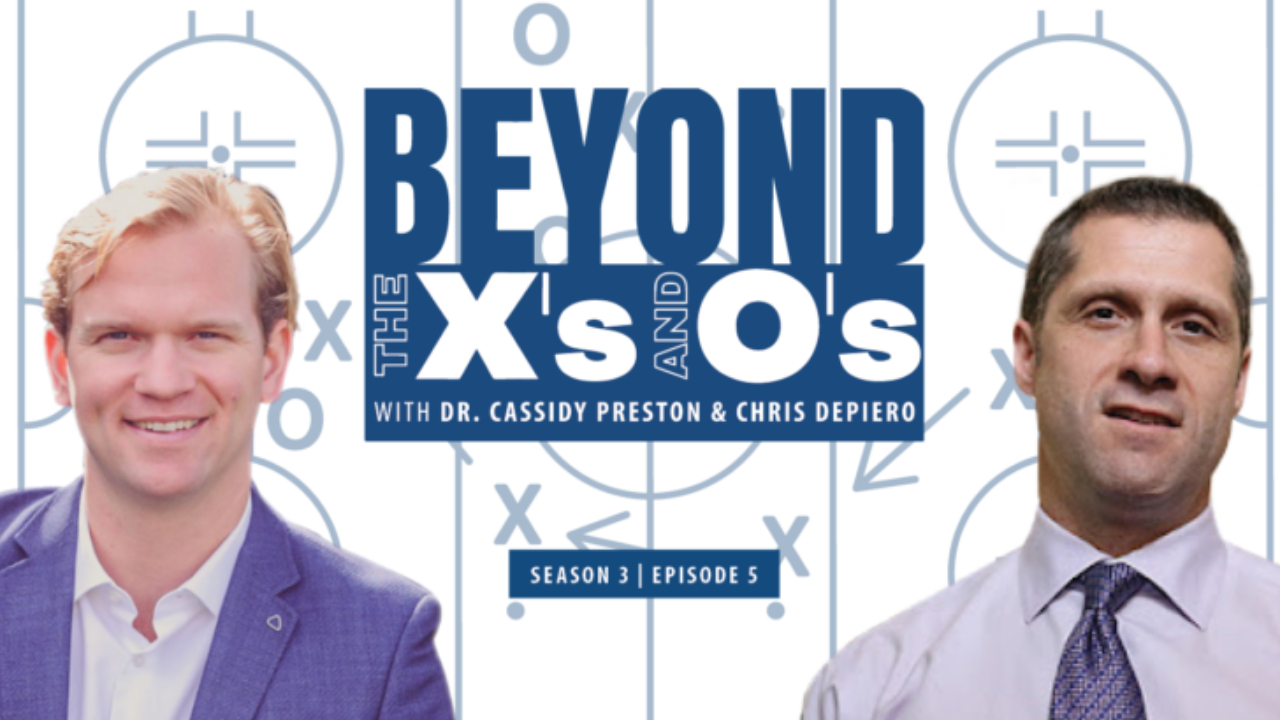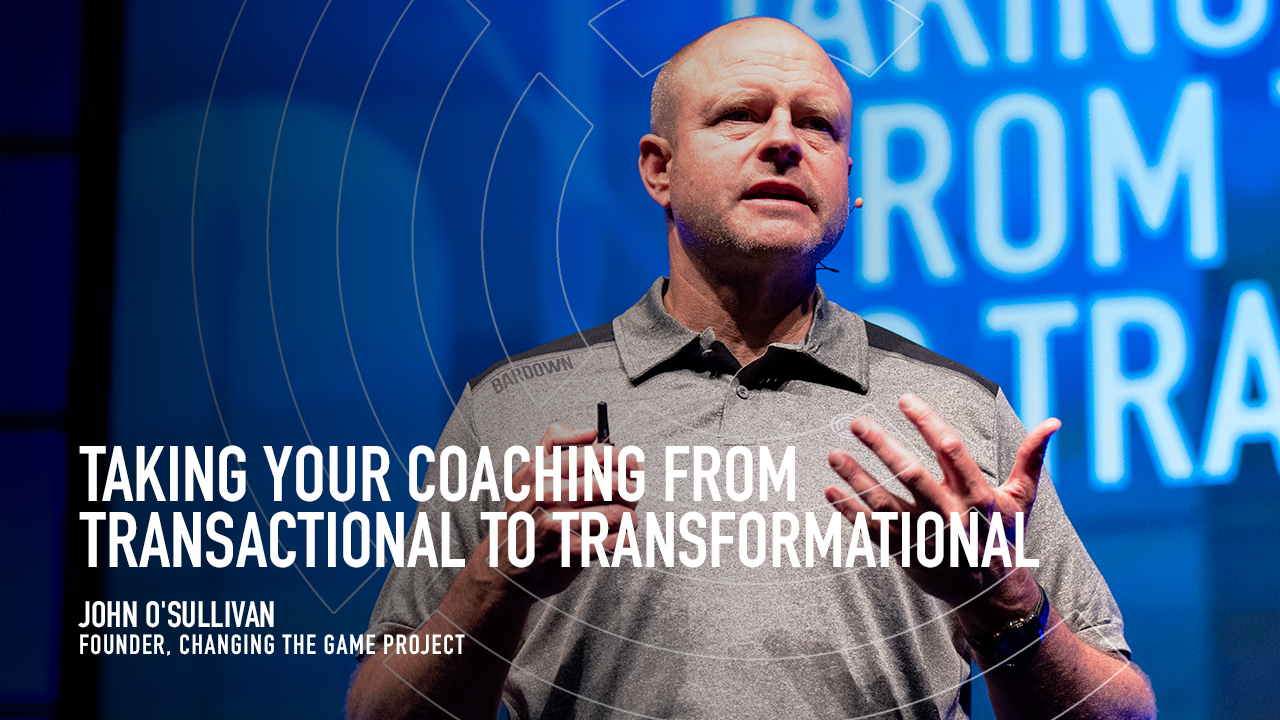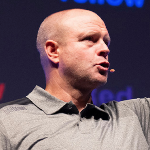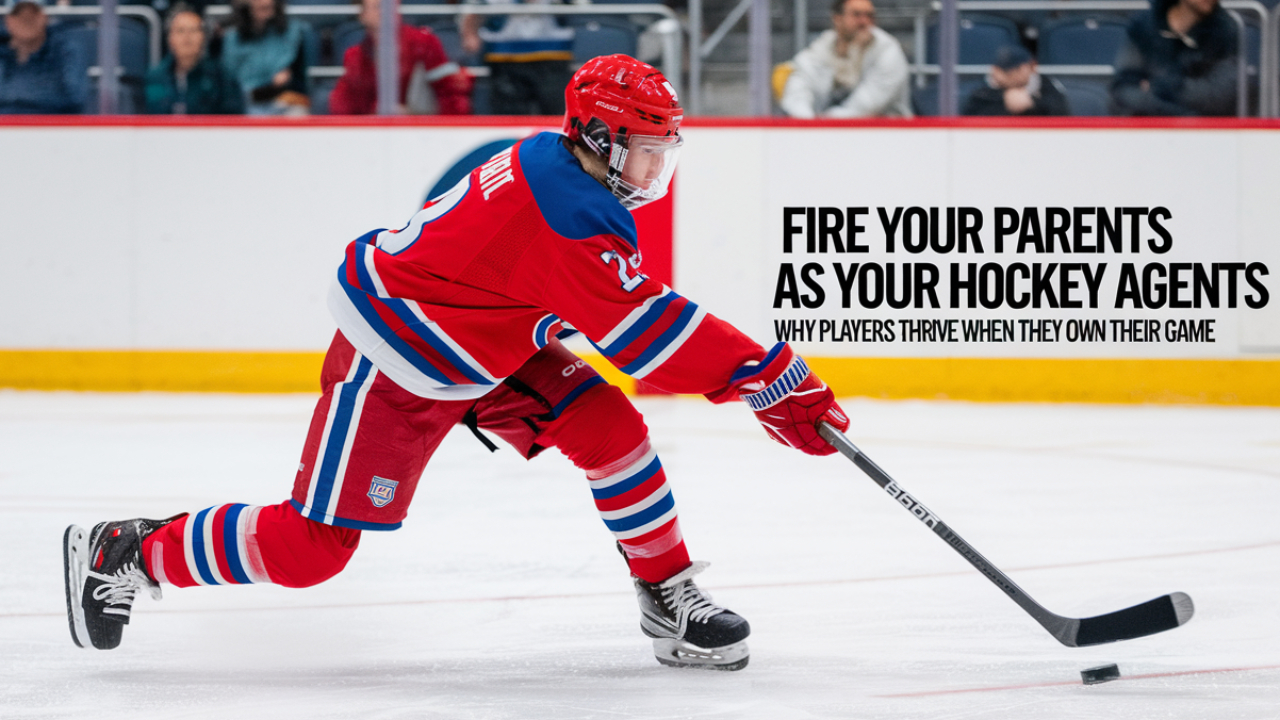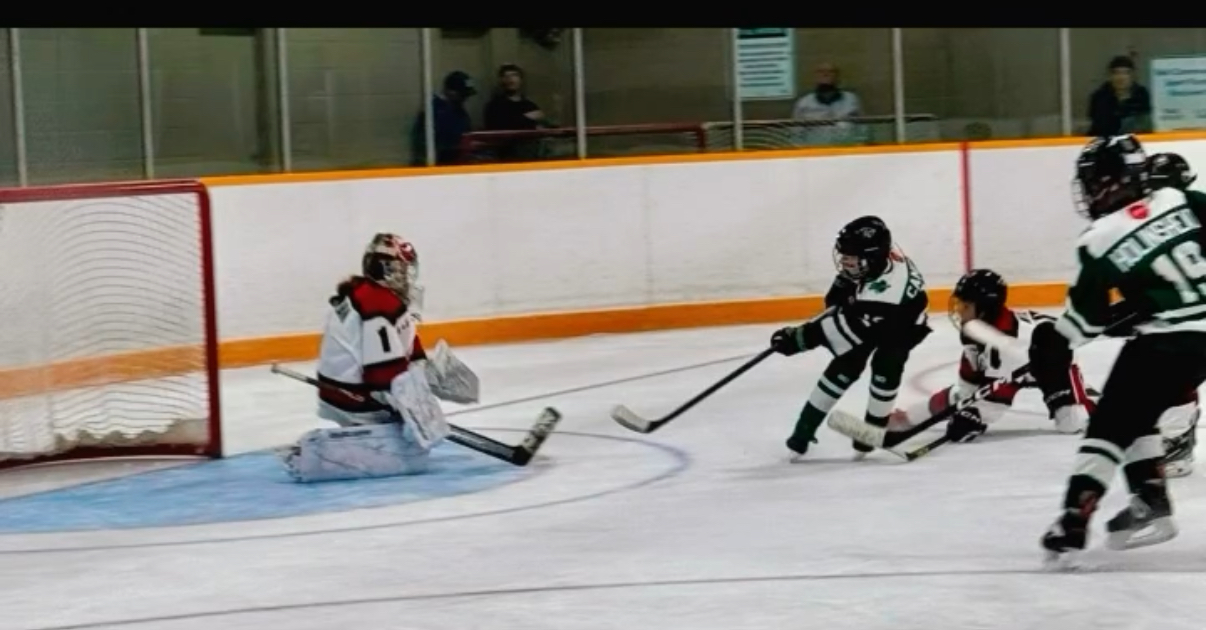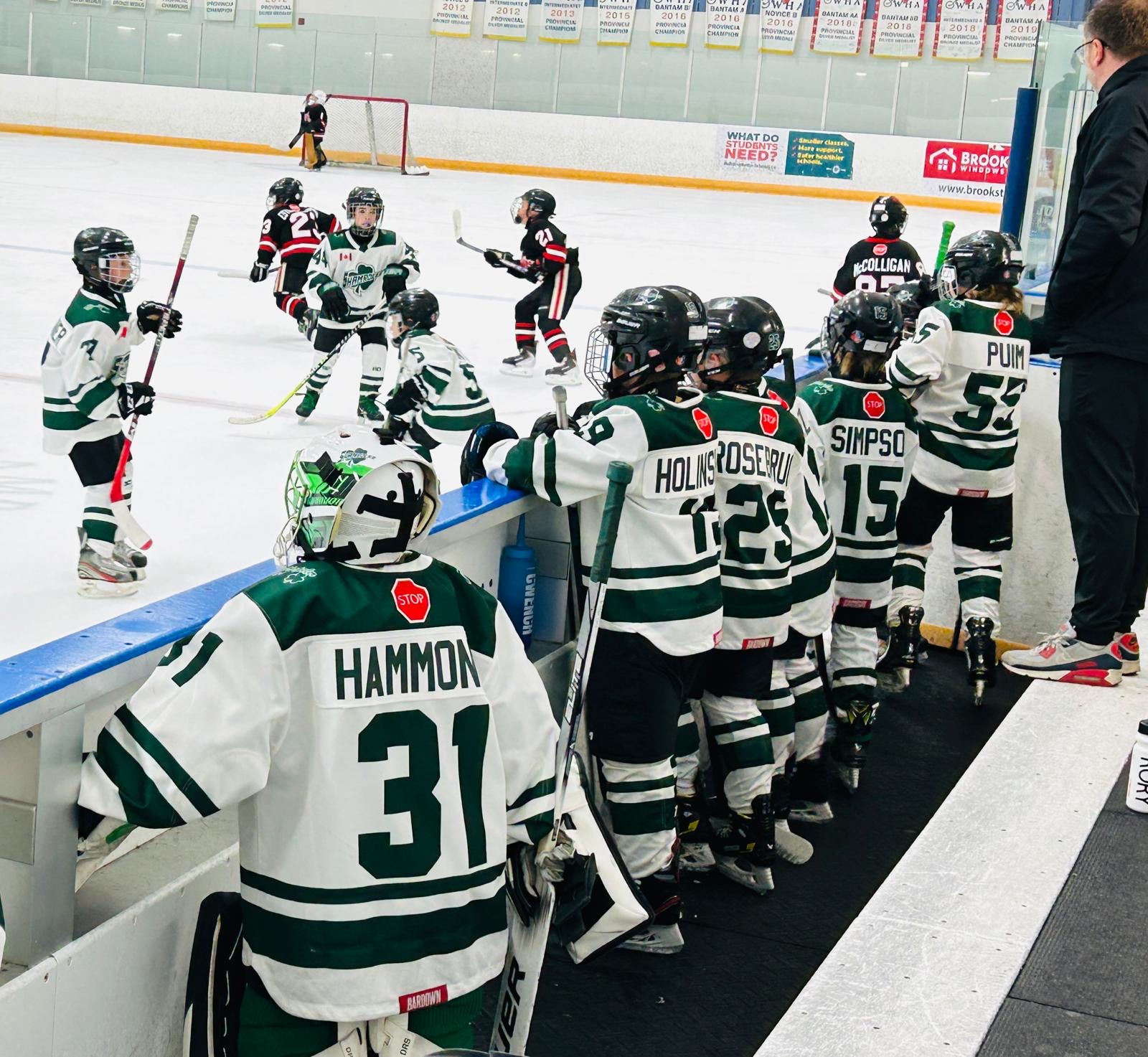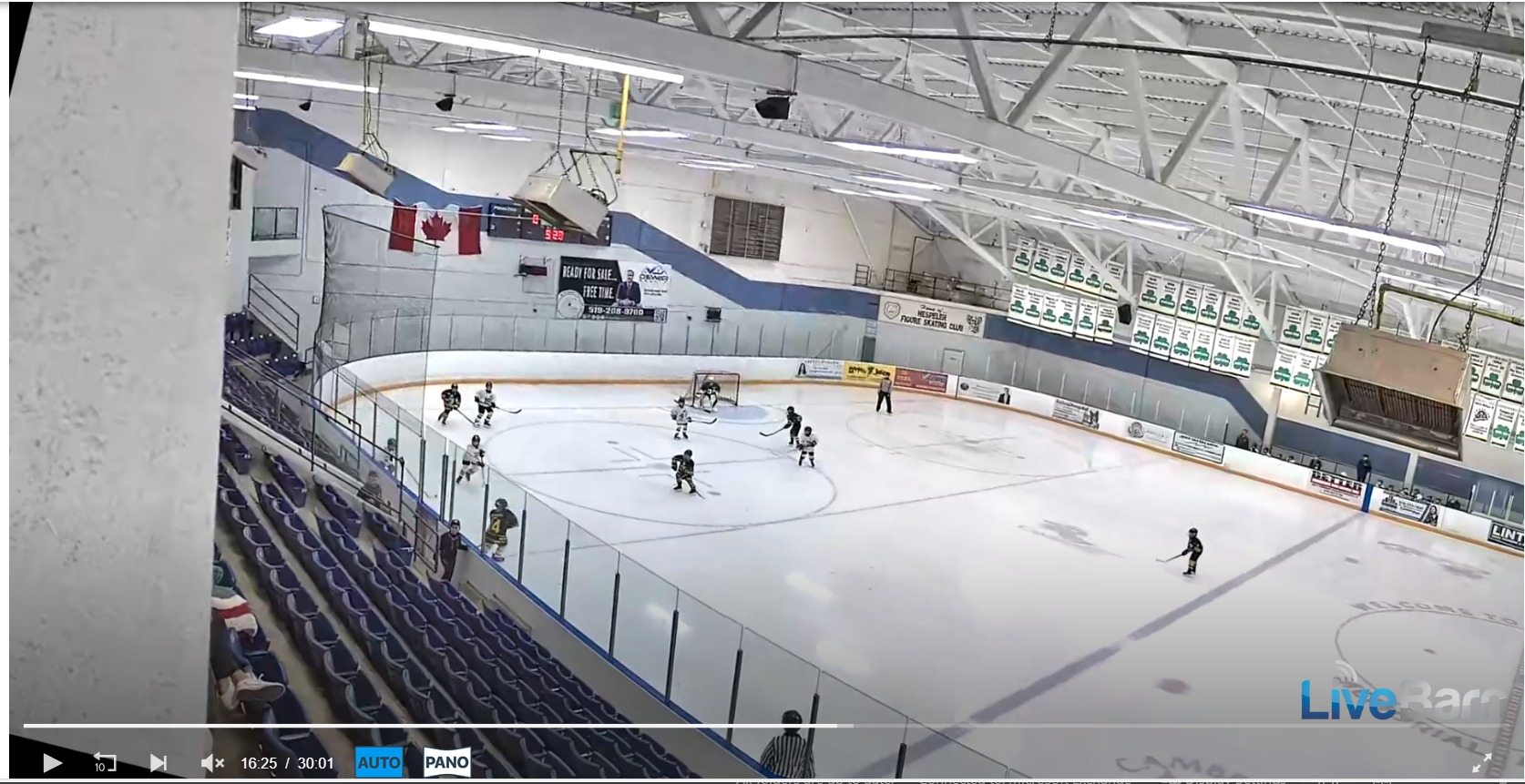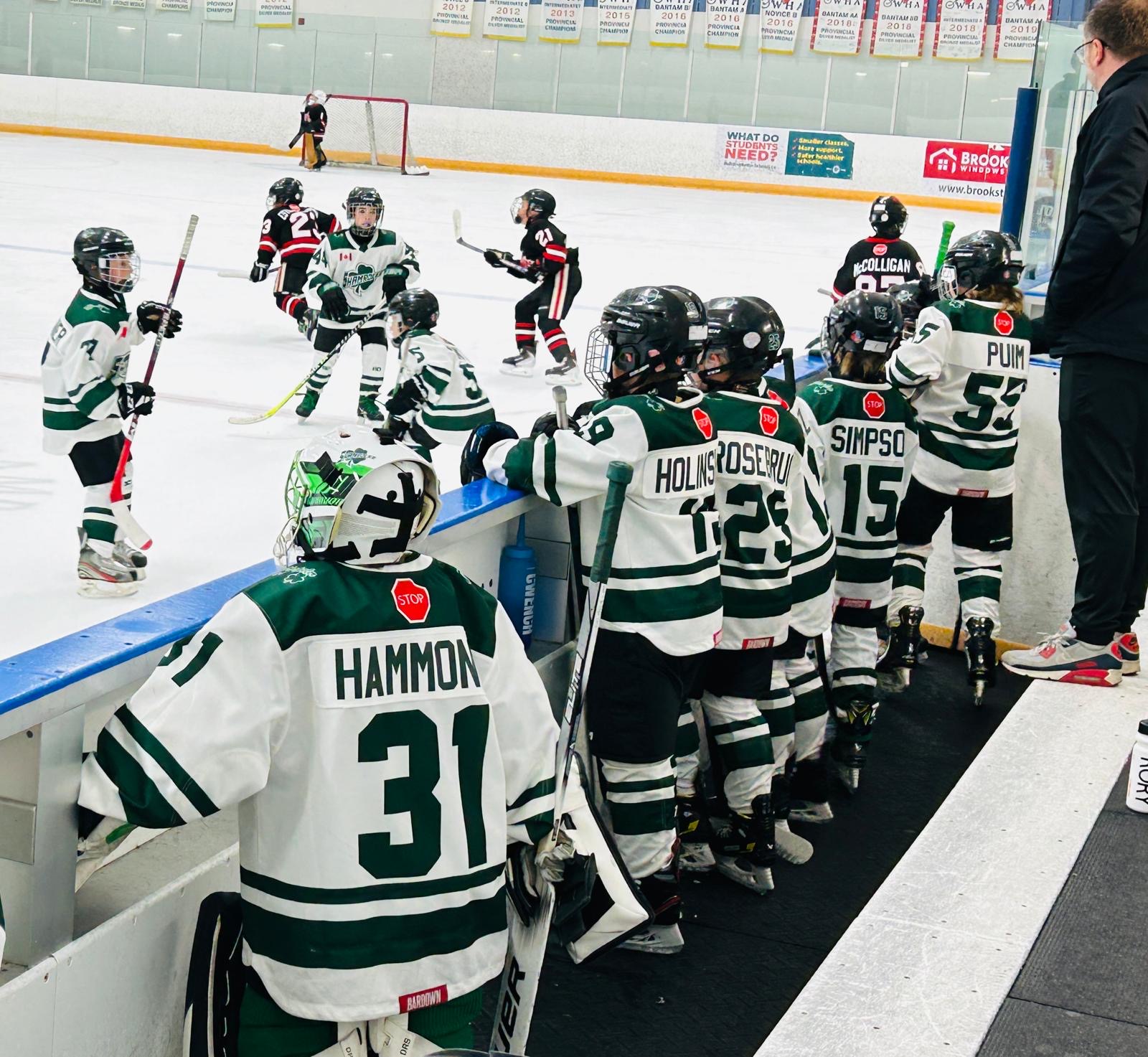
Maybe I Need a Mentor: What I’m Learning About Accountability
Accountability at the U Sports level isn’t optional. You’ve got 100 players fighting for 55 spots, and every practice, every film session, every rep in the gym matters. It’s always about the next player up and doing what’s best for the team.
At nine years old, though, accountability means something totally different. Most kids don’t know what that word even means yet — and if it takes away from fun, what are we really accomplishing? But there are simple forms of accountability that matter: when we ask for two minutes of focus before or after a game, staying still, showing respect, and listening — that’s where it starts.
After another loss this weekend, we battled hard but fell short again. We missed chances that could’ve flipped the game. And when I watched the film, the same mistakes we’ve been talking about — positioning, moving the puck, working together — were all still there. The good news? Our second film session landed better. The kids were more engaged, and we used three positives from that session to build into our next game. But seeing those same breakdowns on film again… it hit me that something still isn’t connecting.
During this stretch, I’ve realized something: this is my first time coaching this level of hockey. After Saturday’s loss, I found myself thinking about how much value a coaching mentor would bring. Someone who’s been here before — who’s coached through the ups and downs, who knows what works at this age. Because there are moments where I genuinely wonder, are they listening to me? Have I lost them? Should I push harder, or ease off and just let them play?
Sunday night, I brought the team together at centre ice. I stood in the middle of the circle and asked them a simple question: do you want to win games, or do you just want to have fun? I told them there’s no wrong answer. If it’s about fun, we can dial it back — have a good time and see what happens. But if they want to win, that means listening, learning, and doing the things we ask, because those details are what lead to winning. They all chose winning. And you know what? That practice was one of our best of the season. In our 3v2 and 5v5 sessions, passes were connecting, positioning was improving, and there was real energy. This group has the potential to be a great team — we just have to keep growing and learning together.
I know most people read these articles for new drills or skills, but this one’s about reality. Thousands of coaches out there are dealing with the same thing, whether they talk about it or not. If we’re not asking how can I be better, or how can I get through to my players, then we’re missing the point. Accountability isn’t just for kids — it’s for us too.
Finding a mentor, taking ownership, and being honest about where you can improve doesn’t make you weak as a coach — it makes you stronger. We can’t keep putting blame on the kids, the parents, or the politics. That’s a cop-out.
Ask yourself: what can I do to help these kids learn the game, and love being part of a team? That’s where accountability really starts.
About the Author
Jesse Candela is currently coaching in the Ontario Minor Hockey Association and scouting in the OJHL. After coaching at the U Sports level, he’s now focused on player development and leadership at the grassroots level. His writing on The Coaches Site shares lessons learned through his journey — from high-performance hockey to teaching the fundamentals of the game to young athletes.

